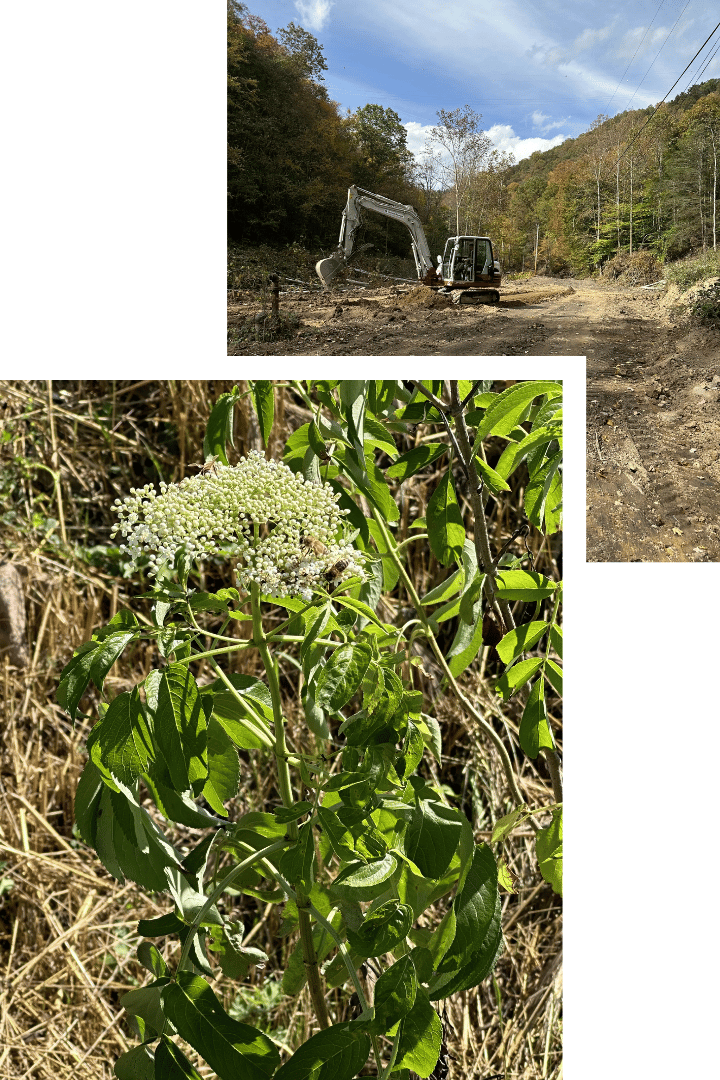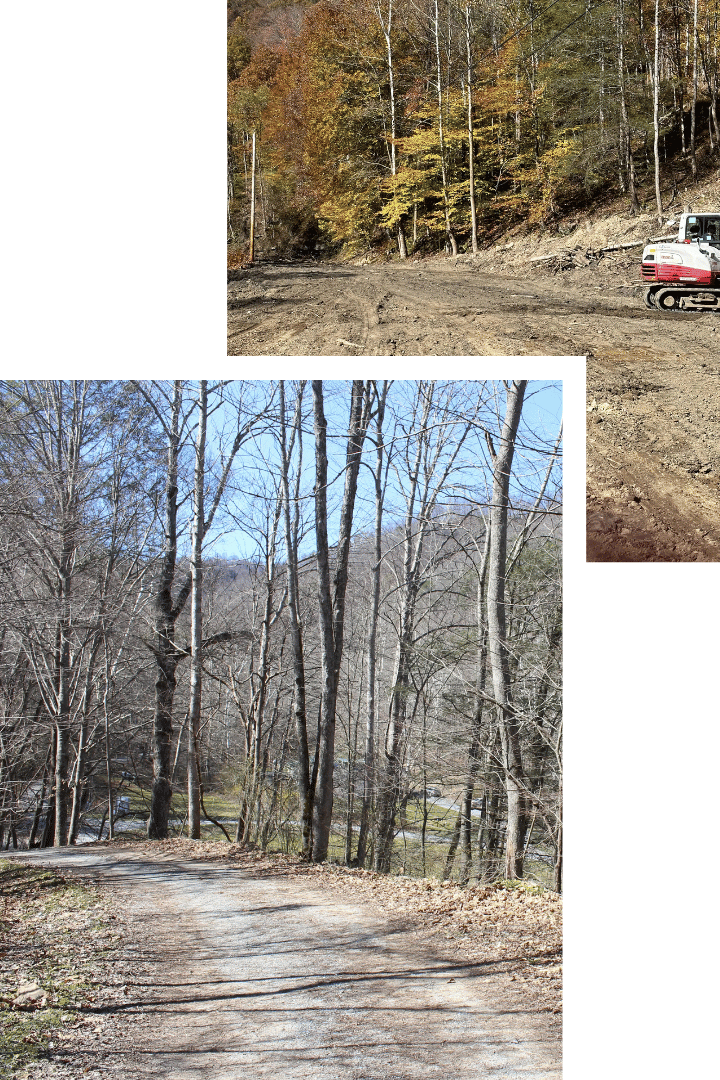
In the rugged and beautiful landscapes of central Appalachia, the partnership between agriculture and conservation is fundamental to building a sustainable future. Protecting the land while encouraging agricultural production not only safeguards natural resources– it provides economic opportunities for local communities. At the heart of these efforts are partnerships like our partnership with the Natural Resources Conservation Service (NRCS). In order to safeguard land and livelihoods for future generations, we work together to nurture our local environment and our state-wide agricultural industry.


ECOLOGICALLY RICH
Central Appalachia is home to some of the most ecologically rich areas in the United States, with diverse ecosystems that can supplement the growth of future generations. However, the region has also experienced significant environmental degradation due to past industrial activities. Conservation efforts led by organizations like NRCS are critical in:
VITAL CONTRIBUTION
Agriculture plays a critical role in the economic revitalization of central Appalachia. In order to have a flourishing agricultural industry, the protection of the land is critical. With a shift toward sustainable farming practices and food sovereignty, local farmers are becoming vital contributors to the region’s economy and food systems.


EDGE prioritizes health, place, livelihood, and nutrition to lead land and community reclamation in Appalachia.
STAY IN THE KNOW
Join our email list to receive updates on our latest work.

© 2024 EDGE | ALL RIGHTS RESERVED.